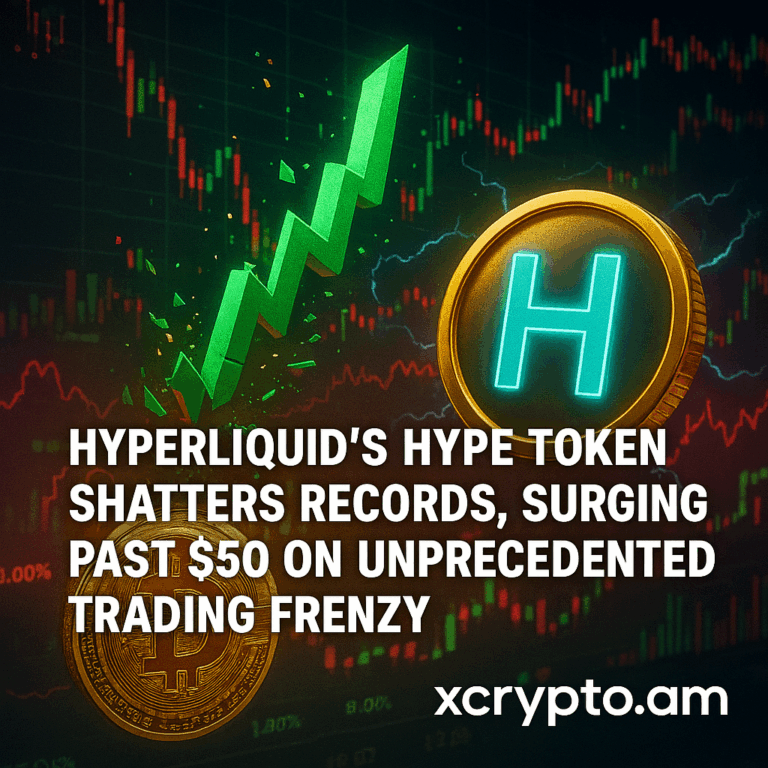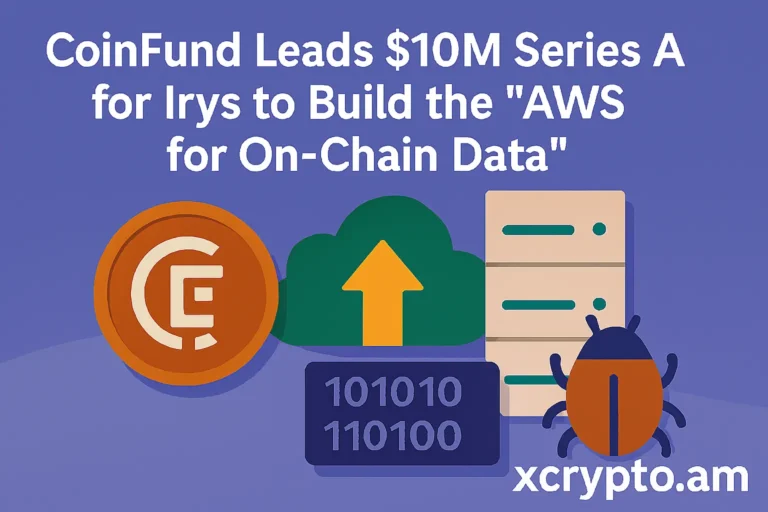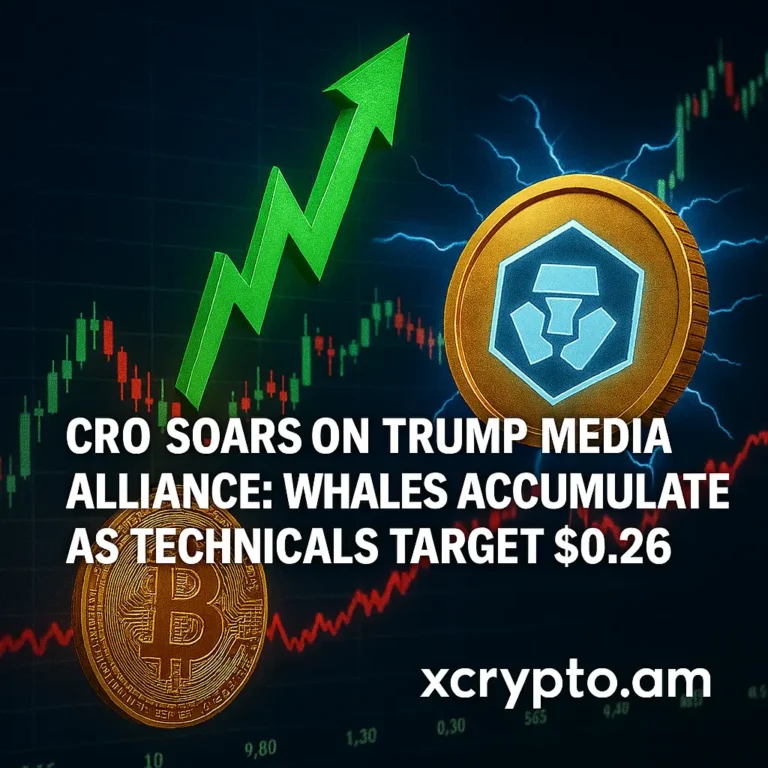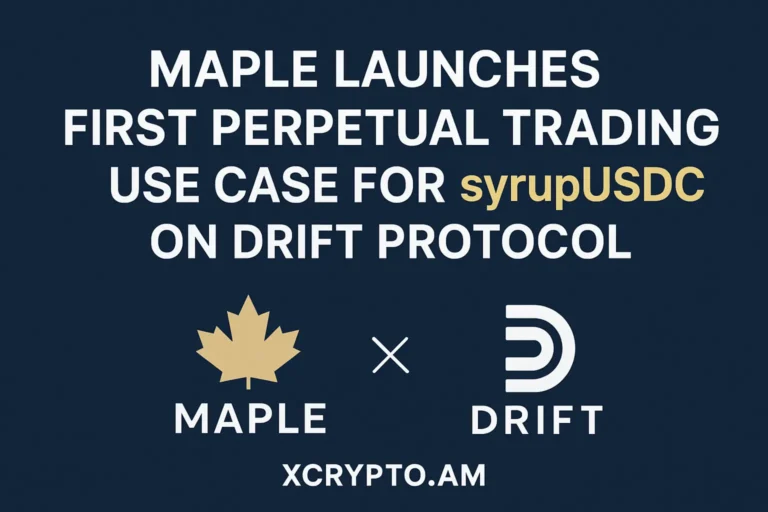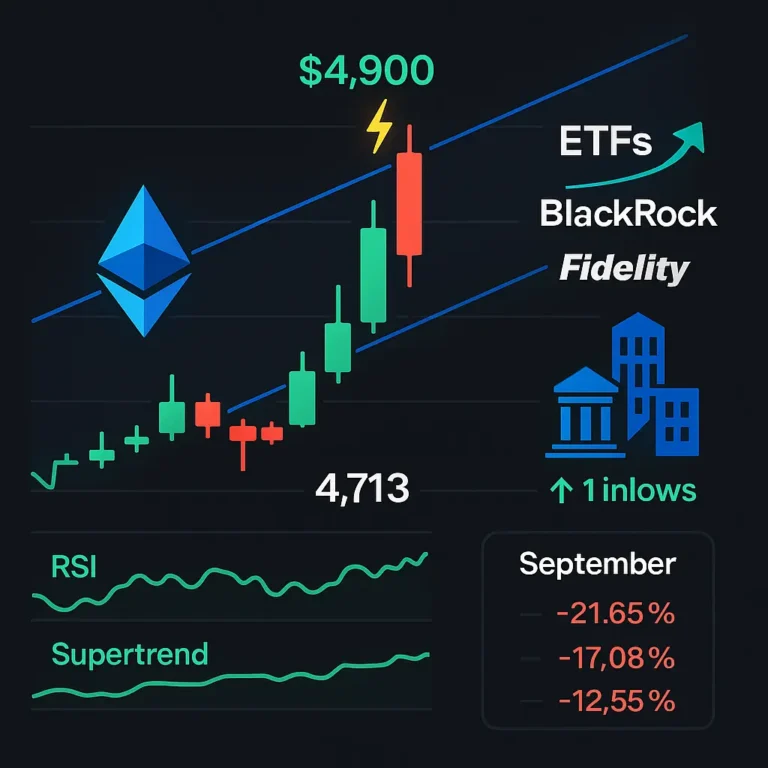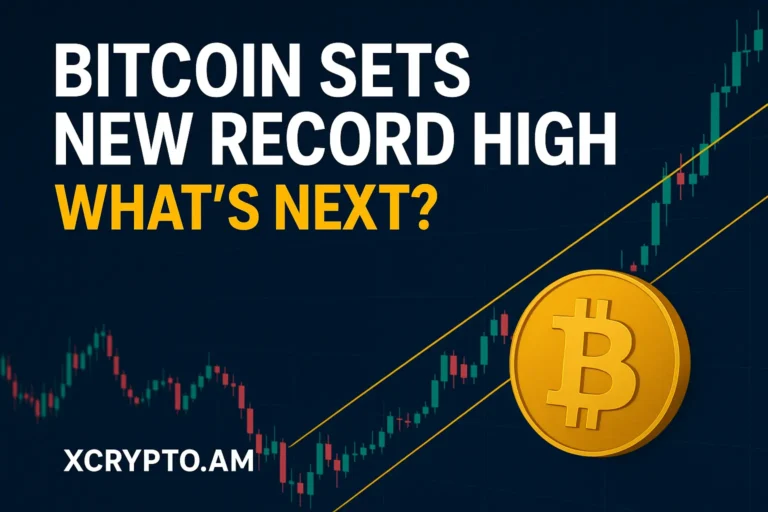Toyota Blockchain Lab Partners with Avalanche to Pioneer Next-Generation Global Mobility Infrastructure
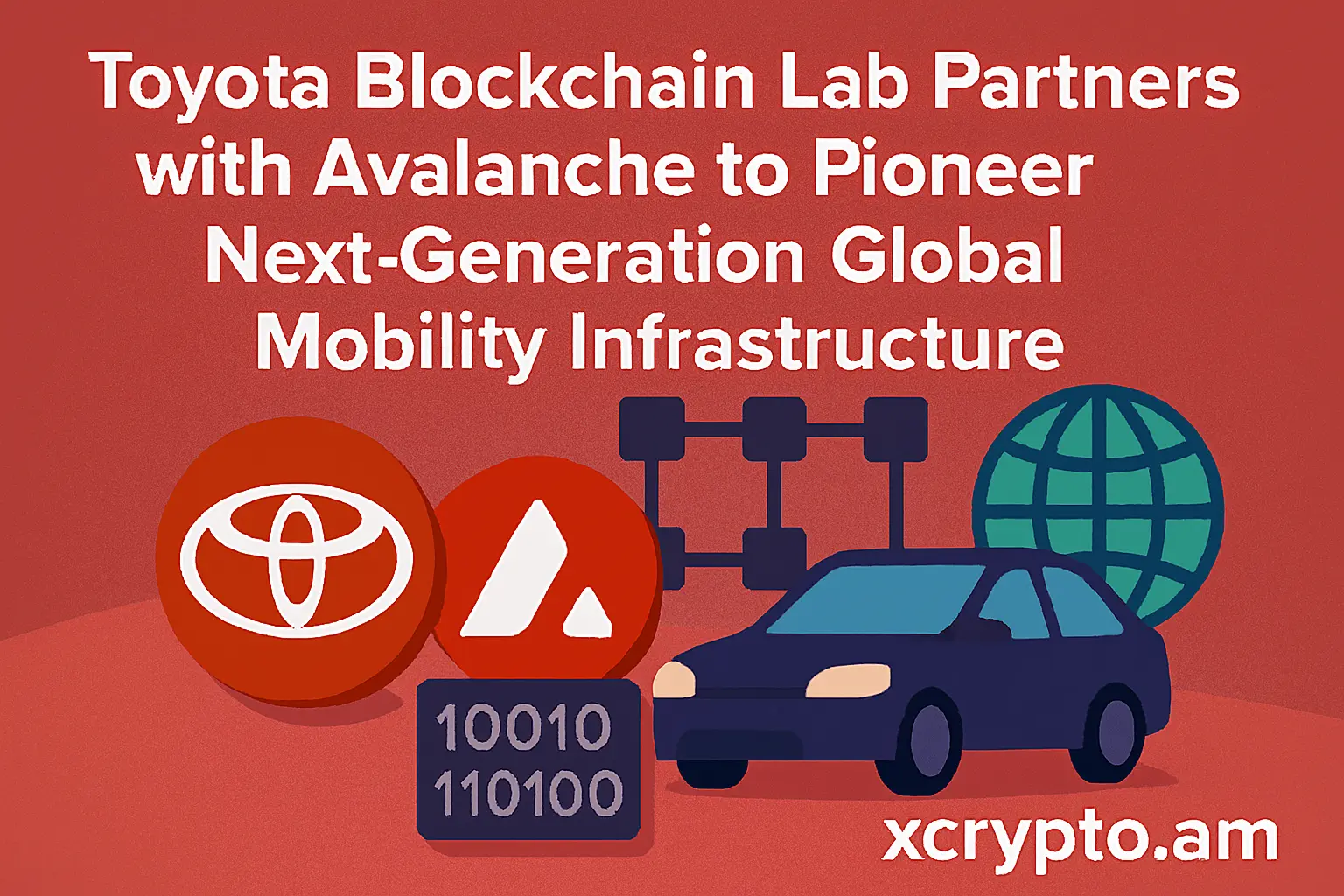
In a significant development at the intersection of traditional manufacturing and distributed ledger technology, Toyota Blockchain Lab has announced a strategic initiative to develop a prototype for a global Mobility Orchestration Network (MON) utilizing the Avalanche multi-L1 blockchain infrastructure. This collaboration represents a major step forward in addressing long-standing fragmentation issues within the global mobility sector while demonstrating growing enterprise confidence in blockchain solutions for complex, multi-stakeholder environments.
The Mobility Orchestration Network concept emerges from Toyota’s recognition that the future of transportation depends on seamless integration between various stakeholders who currently operate in isolated silos. The automotive industry faces a critical challenge: as vehicles become increasingly connected and service-oriented, the lack of a unified framework for coordination between manufacturers, regulators, insurance providers, infrastructure operators, and service platforms creates inefficiencies that hinder innovation and complicate user experiences. MON aims to establish a trust-based infrastructure layer that can securely connect these diverse participants while ensuring transparency, efficiency, and interoperability across global transportation ecosystems.
Avalanche’s blockchain architecture was selected as the foundation for this ambitious initiative due to its unique technical capabilities that align perfectly with the requirements of large-scale mobility applications. The platform offers sub-second transaction finality, which is essential for real-world transportation scenarios where delays could impact operational safety and user experience. Furthermore, Avalanche’s scalability solutions address the throughput demands of global mobility networks that may need to process millions of simultaneous transactions across various use cases. Perhaps most significantly, Avalanche’s multi-L1 approach enables Toyota to create customized, interoperable blockchains tailored to specific regulatory jurisdictions and business requirements while maintaining connectivity to the broader network.
The technical whitepaper developed collaboratively between Toyota Blockchain Lab and Ava Labs outlines several critical applications that MON would enable through blockchain verification and coordination. These include streamlined vehicle financing and leasing processes, secure and instantaneous ownership transfers, automated insurance claims processing based on verifiable data, dynamic ride-sharing and mobility-as-a-service contracts, integrated electric vehicle charging payments, and comprehensive carbon credit tracking and trading systems. By establishing a single source of truth accessible to authorized participants, MON could significantly reduce administrative overhead while creating new opportunities for innovation in mobility services.
This initiative places Avalanche in a growing portfolio of enterprise-grade blockchain implementations that demonstrate the platform’s versatility beyond financial applications. The network already supports substantial institutional deployments including tokenized money market funds, private credit facilities, equity instruments, and more than $6 billion in on-chain loans. The collaboration with Toyota represents Avalanche’s strategic expansion into the mobility sector and signals broader recognition of blockchain technology’s potential to transform traditional industries through enhanced coordination mechanisms.
The development also reflects Toyota’s forward-looking approach to automotive innovation. As vehicles evolve into increasingly complex digital platforms, the ability to coordinate between various systems and stakeholders becomes increasingly valuable. MON could potentially reduce costs for consumers and businesses alike while enabling new service models that leverage verifiable data from vehicles, infrastructure, and users. For example, usage-based insurance could become more precise and fair, electric vehicle charging could become seamlessly integrated with renewable energy credits, and shared mobility services could operate with reduced friction between different providers and payment systems.
Industry analysts have noted that successful implementation of MON could establish a new standard for how automotive manufacturers approach digital infrastructure. Rather than building proprietary systems that potentially create new silos, Toyota’s approach suggests a future where open, interoperable standards enable collaboration while maintaining appropriate privacy and regulatory compliance. The choice of Avalanche particularly highlights the importance of technical architecture that supports both customization and interconnection—allowing for specialized chains that meet specific needs while remaining part of a broader ecosystem.
As Toyota Blockchain Lab advances its prototype development, the industry will be watching closely to see how traditional automotive leadership and cutting-edge blockchain technology can converge to create more efficient, transparent, and user-centric mobility systems. This partnership not only validates Avalanche’s positioning as an enterprise-ready blockchain solution but also signals the automotive industry’s growing recognition that future transportation systems will require fundamentally new approaches to coordination and trust between numerous participants across global markets.

